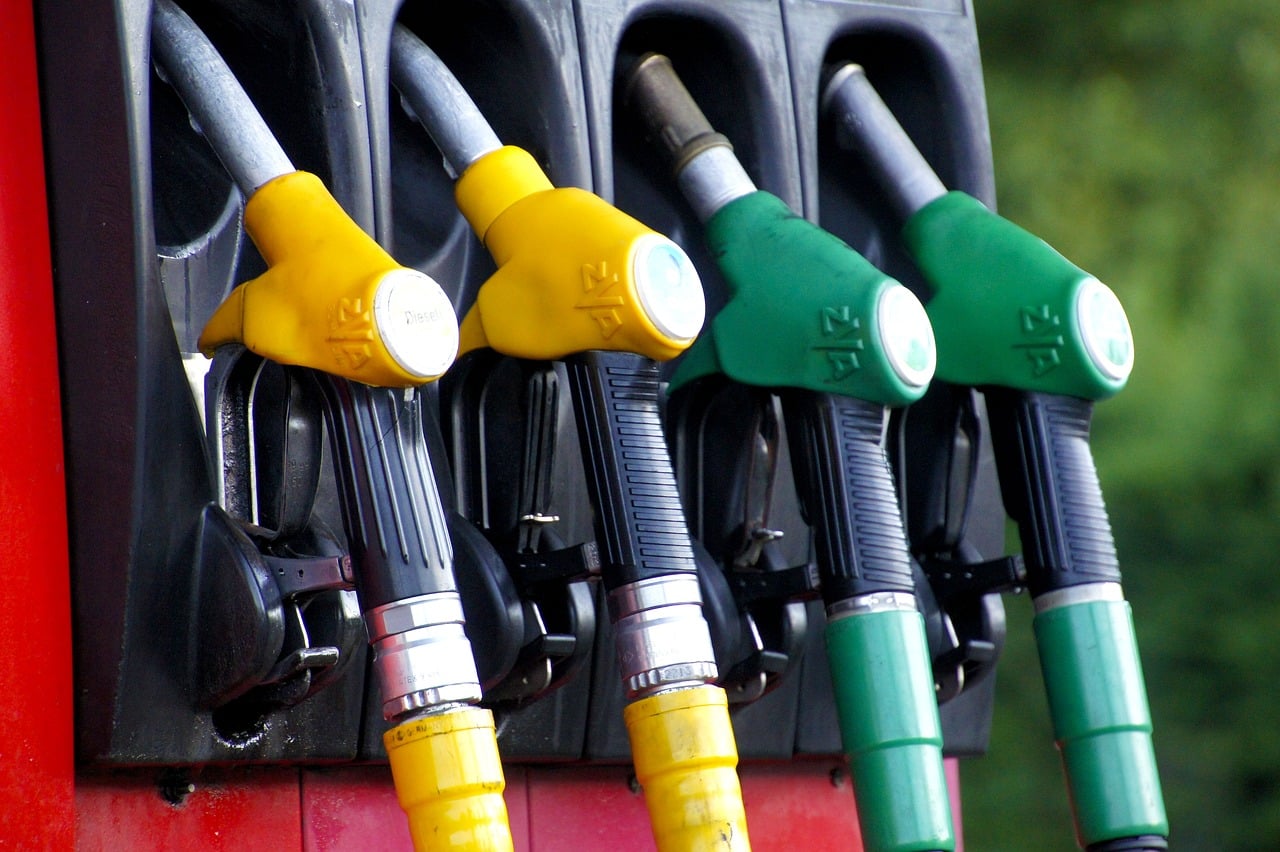The green transition is legitimate and necessary, but the effects resulting from green taxes raise competitiveness issues and will lead to an increase in prices for both consumers and businesses, those questioned by the Cyprus News Agency indicated.
The purpose of green taxes is to reduce the cost difference between alternative and conventional (fossil) fuels and to cultivate ecological awareness. Cyprus’ target is to reduce greenhouse gas emissions by 32 per cent by 2030.
Perhaps the most hard hitting is a carbon tax expected on petrol and diesel, which will increase the price by 5.95 cents per litre initially, reaching an increase of 10 cents by 2026.
In addition, from 2027 the European Emissions Allowance Market System (ETS2) is expected to be implemented, which is estimated to lead to an overall increase in fuel by around 18 cents per litre.
Meanwhile, a water ‘tax’ of €0.01/cubic metre,has already been approved by the Council of Ministers., while a waste fee to be included in the pay as you throw rubbish scheme as well as overnight fee at hotels are still pending.
Finance Minister Makis Keravnos has said the fuel, water and waste taxes have been included in the Recovery and Resilience Plan, and were due to have been introduced by November 2023, extended until May 2025.
But permanent secretary at the ministry Andreas Zachariades said the application of the carbon tax on fuel is postponed to the summer, as the compensatory measures that will be implemented are still being worked out.
Regarding the overnight fee, he said that, as it is not linked to the Recovery and Resilience Plan, it will be handled differently and its implementation is postponed to the end of 2026, in consultation with the hotel industry, which will also be given compensatory measures.
The Centre for Economic Research of the University of Cyprus carried out an assessment of the impact of green taxes on households and businesses in 2024, concluding that the fuel tax will “reduce the wellbeing of households”.
It estimated that the fuel and water taxes would see the average spend per family increase by 0.37 per cent, while lower income homes would be harder hit.
It estimated this would annually earn the state €54 million from the fuel tax (€19 million from businesses and €33 million from households) and €34 million from the overnight tax.
The government, however, has promised measures to balance the introduction of these taxes.
Zachariades told CNA the ministry estimates that by the end of 2026 revenues from green taxation will amount to €70 million and the value of compensatory measures will be corresponding.
The measures are set to include subsidies for vulnerable groups, and schemes to replace cars with greener models.
Although the green transition is legitimate and moving in the right direction, “it presupposes a very high cost of change,” economist Tasos Yiasemides told CNA.
But he said “the state’s commitment to a fiscally neutral policy and the adoption of measures will support consumers and businesses.”
However, the Cyprus Consumers’ Association called for delaying the implementation of green taxes, “until we see when consumers can afford them.”
Its president Marios Drousiotis said that even with a 1 cent increase in fuel, consumers will pay an extra €9 million per year. And although the increase in fuel will have a knock on effect on the price of other goods, he estimated this would not be prohibitive.







Click here to change your cookie preferences